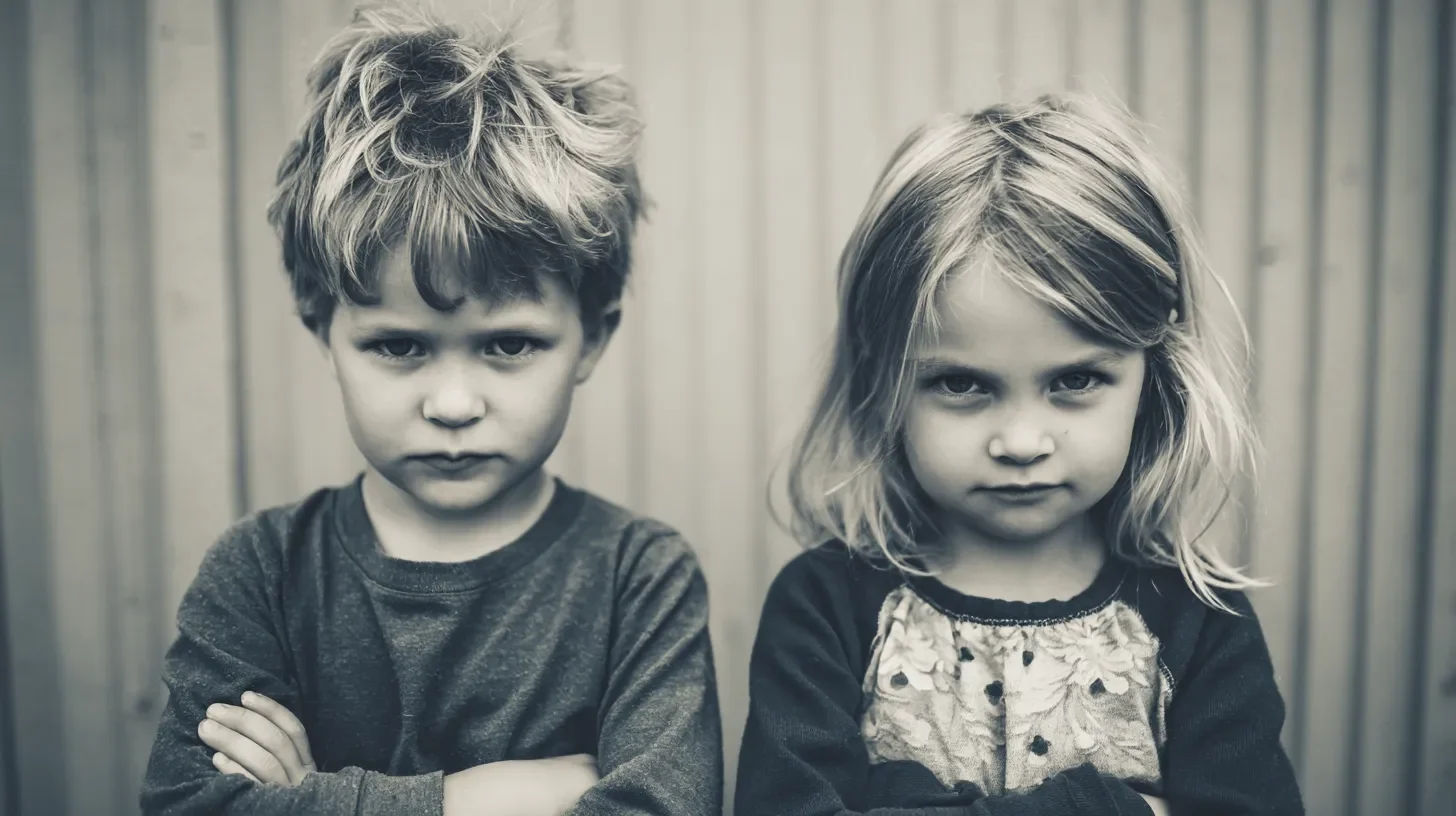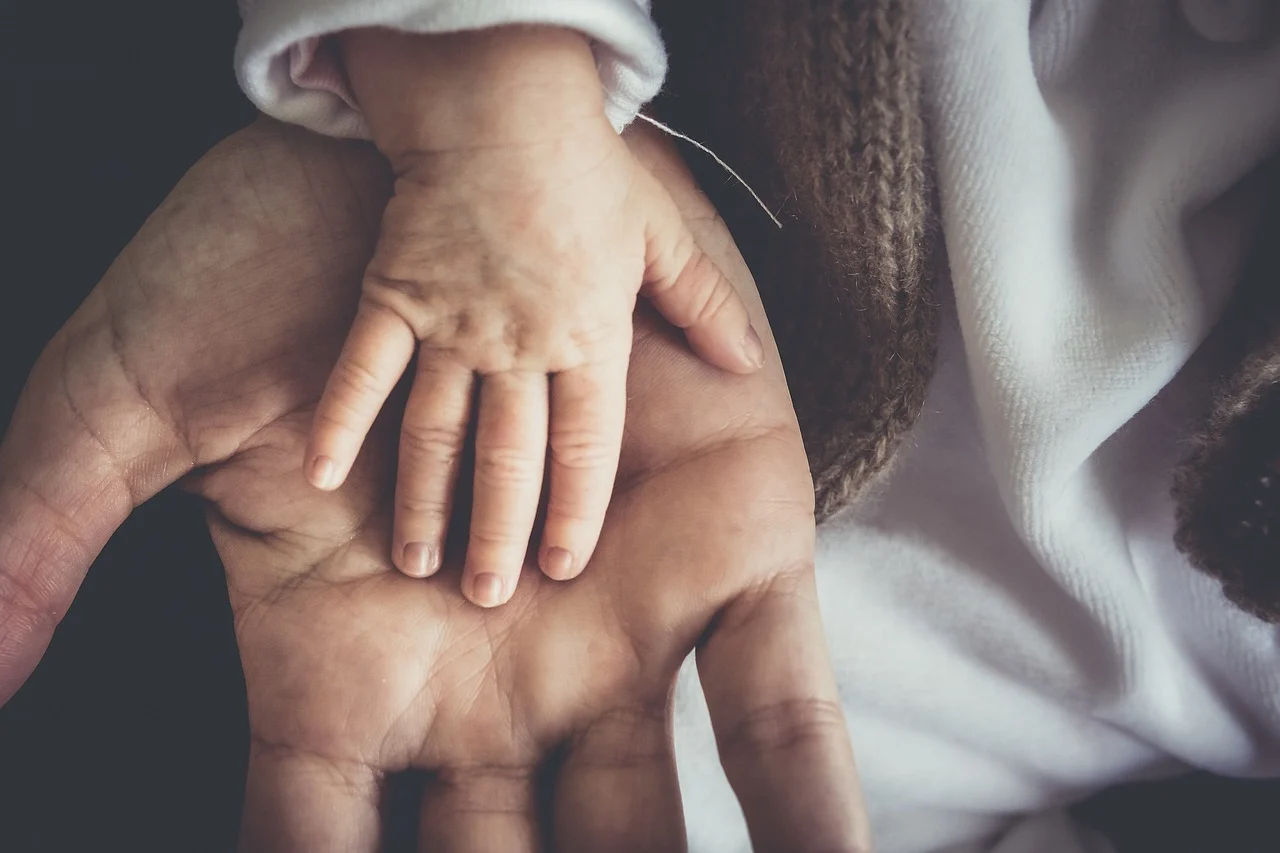
Corporal Punishment and the Institutionalisation of Violence and Abuse

Zamakhanya Makhanya
Clinical Psychologist
Johannesburg, South Africa
❝Punishment, violence and abuse are about power – who is big and who is not. Who receives and who perpetrates violence. We cannot speak about power in South Africa without speaking about race.❞
This welcome address of the 2018 SAPI/SAPA Conference is published at the request of TherapyRoute . com in recognition of the speaker and the SAPI/SAPA Scientific Committee.
Hello, my name is Zamakhanya Makhanya and I greet you all and welcome you to our 2018 Conference at UBUBELE. As a Committee, we felt it was best to maintain continuity from Education Day and so I am honoured to once again be the person giving our welcome address today.
Therapy should be personal. Therapists listed on TherapyRoute are qualified, independent, and free to answer to you – no scripts, algorithms, or company policies.
Find Your TherapistAs you all know, our topic for this Conference is Corporal Punishment and the Institutionalisation of Violence and Abuse. As you also all know, corporal punishment, violence and abuse are about power relationships – who is big and who is not big. Power determines who receives and who perpetrates violence. And as I said in our last welcome address, we cannot speak about power relations in South Africa without speaking about race relations – whether it be the crude and brutal racial attacks that still happen between black and white South Africans or the more subtle and nuanced forms of racism that are internalised at the deepest levels. There is also the shame around poverty which still represents a racial divide in our country. These are just some examples of what we as a country must keep thinking about, knowing about and offering deeper understanding about.
It is important for us to do this for many reasons and perhaps one of the most crucial is that our country (like many across the world) has a history of dehumanisation of the other which produces and reproduces violence. And we have seen this most recently in the catastrophe at Life Esidimeni. We have seen doctors and politicians and ordinary carers reduce human lives and human suffering to nothing. But we also know about Marikana only a few years back and then before that the all-consuming history of apartheid-crimes against humanity.
So, perhaps, overall, the thrust of today’s Conference is for us as a society to think about and see human suffering in a less divided and dehumanised way. To know and see that human suffering belongs to all of us, and needs to be claimed and owned by us all. As a nation we need to grieve together, to weep over what happened at Life Esidimeni, at Marikana, at the poverty in Strikla. Overarchingly we need to grieve the centuries of suffering under the apartheid regime and know this to be our own national tragedy that perhaps can never be properly mourned and resolved.
But it is difficult to know and feel that suffering belongs to all of us, particularly with the enduring racial tensions between who is the “perpetrator” and who is the “victim”. It is difficult to acknowledge that suffering belongs to all of us when the crimes and violations of our own past are still, 24 years post-apartheid, so raw.
Nevertheless, our humanity is what allows us to feel the suffering of others. And this is something to strive for – facing, knowing about and understanding suffering outside of our personal ring-fences. Whether it be white people really, truly getting to grips with the impact of racism on black South Africans. Or men joining with women in the struggle against the ongoing violation of women and children. Or all of us facing that the Syrian catastrophe, the Myanmar holocaust, the Jewish Holocaust, the Rwandan Holocaust, the tragedy of Israel and Palestine, the horror of Isis and many, many other examples are all ultimately stories of how human beings fail to acknowledge the humanity of the other. Our responsibility is to stay alive to the feelings of others and to bear knowing about these difficulties in our own country and across the world.
Yet, as I said earlier, we struggle to do this. We feel rage when our own country’s wounds are still so raw and when so many of the traumas of the past have not yet been resolved and in fact in many instances simply denied or brushed over with platitudes. As psychoanalytical clinicians, we know that when trauma is not properly addressed cycles of hatred and blame are established and then perpetuated. But how do we address crimes against humanity that are literally between us as citizens? How do we deal with the grievances of hundreds of years of racial abuse knowing that something can perhaps never be resolved? The crimes can never be undone. The abuses can never be reversed. How do we deal with that as a nation? And then, on top of that how do we face the agonisingly painful truth that the last 20 years have not been as successful as they could have and indeed should have been and that we are all responsible for this – white and black.
Psychoanalysis offers us the helpful description of depressive and paranoid-schizoid continuums. The depressive position does not get its name lightly… It is painful to face and bear who we are and the destructiveness that we have wrought and are capable of doing still. It is painful to bear that many of our dreams for a repaired nation have not been realised. Paranoid Schizoid retreats of righteousness, blame and hatred allow us to assume positions that are far less threatening. They allow us to negate responsibility. This depressive pain does not do. Instead, it allows us to face and sit with the truth. And hopefully, as we sit with it long enough it starts to point us towards genuine options and from that the hope that something better can come.
We believe that taking up this position is something we have no choice but to do. And crucially in relation to our beliefs, values, attitudes and practices in regard to corporal punishment. We need other options here too because fundamentally we do not support the beating of children. But we know that many of our own families do not believe in other options and use or used corporal punishment as a standard practice in the rearing of children. Corporal Punishment is idealised in many communities in South Africa. As clinicians we know that it is better not to beat our children, not to repeatedly scream at them, not to shame them with harsh words, not to frighten them. We all know that it is better for our children and for the child part of ourselves not to be afraid of “bigness” and not to hate “smallness”.
At the same time, however, many of us might think twice before condemning as human rights’ violations the spanking of a small child for putting her fingers in an electric plug. Or even in a moment of lost control a parent hitting a tantruming child. Could we even say with certainty if that is worse than screaming at a child or shaming a child? Or even “thoughtfully” putting them in a corner to reflect on their actions?
The area is complex and we do not come with righteous convictions about corporal punishment. At the same time given the levels of violence in our society, particularly towards children, our job as psychoanalytic therapists is to try and understand a little more clearly why this kind of violence happens and why it is perpetuated and what particular meaning it is given in the mind?
Our Keynote Speaker, Dr Simangele Mayisela describes Corporal Punishment as a social and historical phenomenon that has been internalised over the generations. According to Dr Mayisela, we assume roles on the basis of conscious and unconscious responses to violence and the threat of violence. This is nowhere more powerful than in our homes and in our schools, the contexts where our children are nurtured. As Dr Gyuri Fodor and Dr Clint Van der Walt both emphasise in their papers our role is to investigate the unconscious processes and meanings behind human behaviour.
So despite our topic being such a difficult and challenging one we want to emphasise the importance of thinking, exploring and not turning away from trying to understand. No matter how painful that process may be. We believe that such an approach is at the heart of hope. Not an idealising hope that sets us up for euphoria or crushing disappointment, but as Alessandra Lemma describes it, a mature hope. A hope that is vulnerable – because we don’t know what it will bring. But a hope that is also strong in that it allows for disappointment and even failure. It is a hope that has at its core the belief that trying, failing but still prevailing will get us where we need to be.
Finally, as I come to the end of this Welcome Address we feel that it would be remiss to end without acknowledging that we have a new President and very soon a new Cabinet. We have no idea what the future holds. We can only hope that there will be greater attention given to the wounds and grievances that plague us. In particular, we hope that our children will not keep paying, endlessly and repeatedly for the suffering of the generations before. And so we cannot leave hope as only a concept in our own minds but we must grasp it with both hands and do the work to finally see it realised.
Important: TherapyRoute does not provide medical advice. All content is for informational purposes and cannot replace consulting a healthcare professional. If you face an emergency, please contact a local emergency service. For immediate emotional support, consider contacting a local helpline.
Creating Space for Growth: How Boundaries Strengthen Relationships
Setting healthy boundaries fosters respect, protects emotional well-being, and strengthens relationships by defining personal limits and maintaining self-care.
International Mutual Recognition Agreements for Mental Health Professionals
Mutual recognition agreements for mental health professions are rare and uneven, with major gaps in counselling, social work, and allied therapies. Read on to understand ...
Jumping to Conclusions
Jumping to conclusions is a thinking habit where we assume the worst or make judgments without enough evidence. By recognising this pattern, therapy can help you slow dow...
Case Conceptualisation
Case conceptualisation is how a therapist thoughtfully pulls together your concerns, experiences, and strengths into a clear understanding of what’s going on. This shared...
Guided Discovery
Guided discovery invites clients to arrive at their own insights through collaborative questioning and reflection. Instead of being told what to think, individuals learn ...
About The Author
TherapyRoute
Mental Health Resource
Cape Town, South Africa
“Our mission is to help people access mental healthcare when they need it most.”
TherapyRoute is a mental health resource platform connecting individuals with qualified therapists. Our team curates valuable mental health information and provides resources to help you find the right professional support for your needs.


